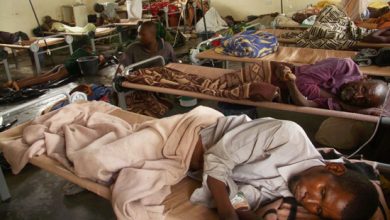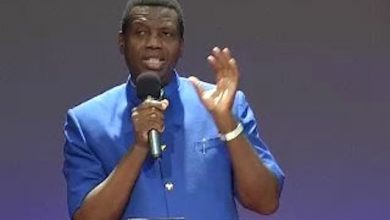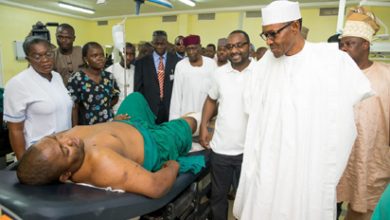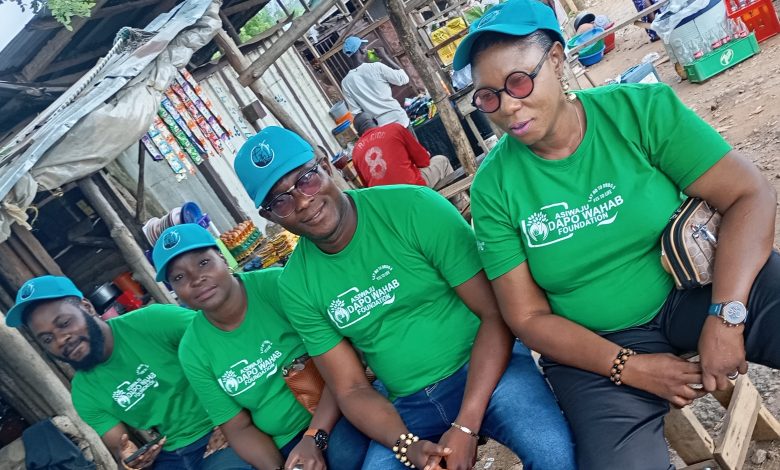
Asiwaju Dapo Wahab Foundation collaborates drug law agency to mark 2024 international day against drug abuse
The Asiwaju Dapo Wahab Foundation has confirmed readiness to launch series of programme to commemorate the 2024 International Day Against Drug Abuse and Illicit Trafficking, which has the theme, “The evidence is clear: Invest in Prevention’
Penpushing reports that the foundation in view of this, said it is collaborating with the National Drug Law Enforcement Agency (NDLEA), explaining that the launch underscores the critical importance of investing in preventive measures to combat drug abuse and trafficking.
‘The 2024 campaign aims to raise awareness about the necessity of treating individuals who use drugs with respect and empathy, providing evidence-based, voluntary services, offering alternatives to punitive measures, prioritizing prevention strategies, and leading with compassion.’, the statement said
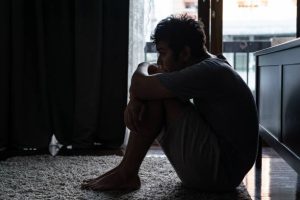
Penpushing further reports that the foundation explained that to mark this important occasion, the following activities will be undertaken: Booklet Distribution and Pledge-Signing Activities, booklets will be distributed, and pledge-signing events will be held at prominent and iconic locations to engage the public and encourage commitment to a drug-free lifestyle.
The statement added that others will include training seminars for educators and police, educators and law enforcement officers will receive training on utilizing the truth about drugs educational materials in their respective areas to enhance their preventive efforts.
Penpushing also reports that the school presentations target will be conducted in schools to educate youth about the dangers of drug abuse and the importance of making healthy choices, stressing that youths, police officers, community members, and other stakeholders will participate in marches to demonstrate solidarity and commitment to a drug-free community.

The foundation disclosed that meetings will be held with other organizations to introduce them to the truth about drugs program and explore collaborative efforts to combat drug abuse, adding that television and radio presentations will feature discussions on the truth about drugs and public service announcements (PSAs) to reach a wider audience.
‘These activities reflect a comprehensive approach to addressing drug abuse and trafficking, focusing on education, prevention, and community involvement. The Asiwaju Dapo Wahab Foundation, foundation for a Drug – free world and NDLEA are committed to creating a safer and healthier society through these proactive measures’, the statement emphasised.
FOOTNOTE: You want to share story with us? You want to advertise with us? You need publicity for product, or service, or event? Contact us on WhatsApp +2348073463653 or email penpushing@yahoo.com




